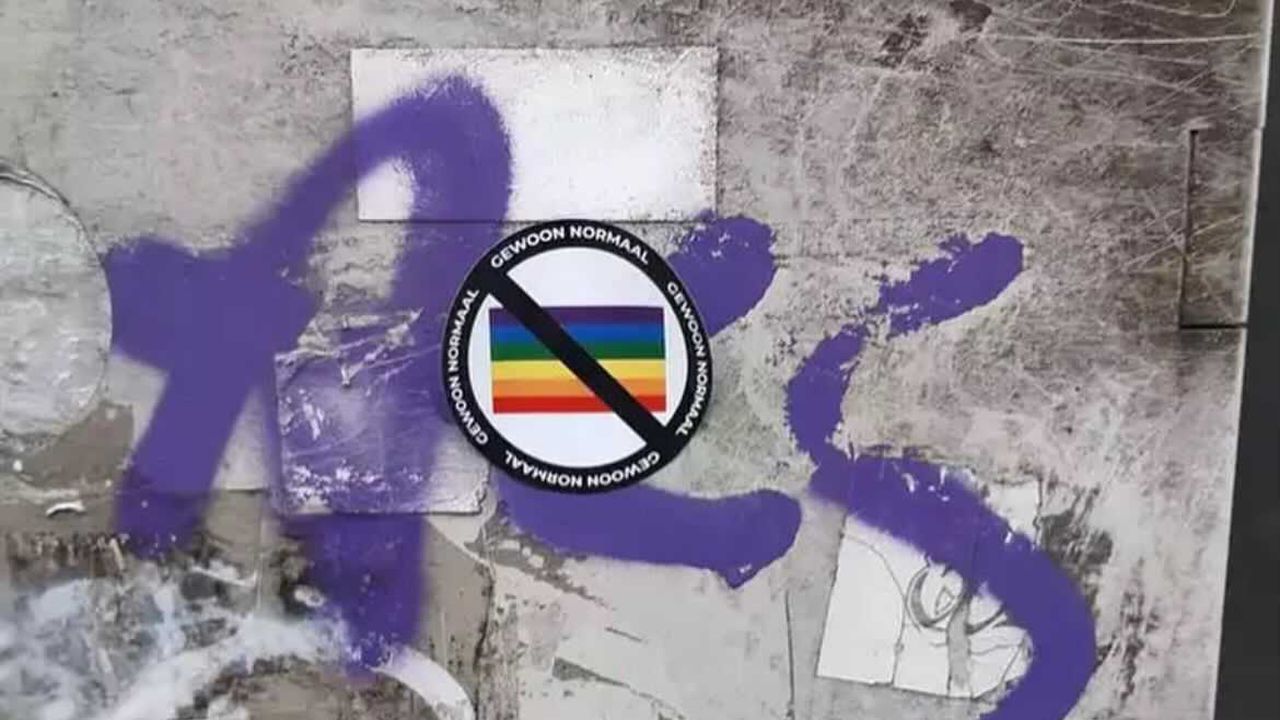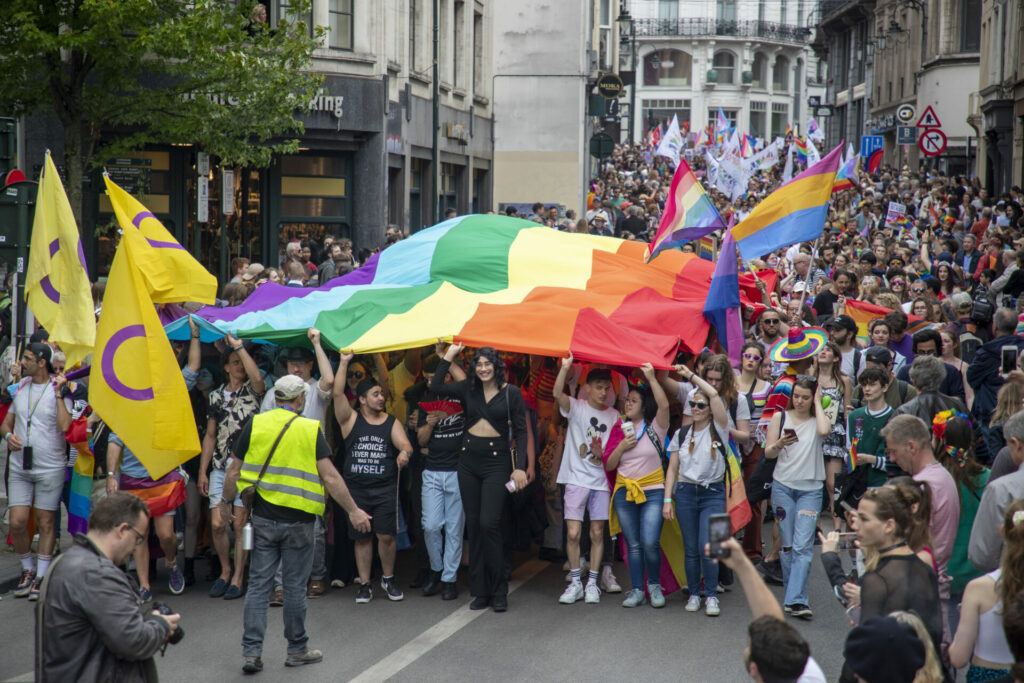Belgium has dropped one place in the ILGA-Europe Rainbow Index that ranks countries' legal and policy practices for LGBTI people. While the ban on conversion practices was welcomed, Belgium's failure to deliver on other laws resulted in a lower score.
Belgium continues to score highly on the Rainbow Index of Europe’s leading LGBTI organisation, ILGA-Europe, this year ranking third of 49 European countries. The list uses 75 criteria to assess legislative developments in the field of LGBTI human rights, including equality and non-discrimination, family, hate crimes and hate speech, legal gender recognition, intersex bodily integrity, civil society space, and asylum.
Now in its 16th annual edition, Malta ranks top of the Rainbow Map – a position it has held nine years in a row. It scored 88%. "Belgium has gone down one place to third, beaten by Iceland in second spot," Brian Finnegan, Communications Director at ILGA-Europe, told The Brussels Times.
Last year Belgium shared second place with Denmark (a score of 76). While its score increased this year to 78, more significant gains have been made by Iceland, which rose three places. "Iceland introduced more new laws and policies this year," Finnegan explained. "Whilst Belgium banned conversion practices it failed to pass other laws or policies that it has promised, including a ban on intersex genital mutilation and non-binary gender recognition."
Rise in violence
The Rainbow Map was published one day after the European Union Agency for Fundamental Rights LGBTIQ Survey III report, which found that over two-thirds of respondents encountered hate statements and experienced a significant increase in violence since the last survey in 2019.
"Across Europe, LGBTI people are being targeted by hate speech and violence and their human rights are being actively undermined," said ILGA-Europe’s Advocacy Director, Katrin Hugendubel.

Anti-LGBTQ stickers in Antwerp. Credit: Reddit/u/CurryKruidenKetchup
Hugendubel noted that hesitation to press ahead with legal protection and not renewing their commitments through national strategies are dangerous non-actions. Moreover, some leaders in Europe use the LGBTI community to "divide and mobilise electorates". For instance, several Italian regions have withdrawn parenthood rights from same-sex couples and trans-specific healthcare is being limited in Slovakia, Croatia, France and the UK.
Far-right and anti-LGBTI
The latest Rainbow Map was published less than one month ahead of the European elections, in which radical parties are predicted to make major gains. ILGA warns that Europe is not equipped against attacks from the far-right and that without proper legislation to protect minorities, it will be "much too easy for newly elected governments to quickly undermine human rights and democracy".
"The EU must pay close attention not only to the rise of political hate speech against LGBTI people but also to new tools of oppression, like Russia’s criminalisation of a whole segment of the country’s population," said the Executive Director of ILGA-Europe. "Without stronger laws and policies to protect LGBTI people, we cannot talk about safety or rule of law and democracy."
Related News
- 60% rise in minors taking puberty inhibitors in last three years
- Gender registration modifications at record high in 2023
But ILGA did highlight progress in some EU nations to "advance and protect the human rights of LGBTI". For instance, Estonia and Greece are amending their laws to allow same-sex couples to marry and adopt children; Liechtenstein is extending adoption rights to same-sex couples.
Germany, Bulgaria, Iceland and Slovenia, are working to recognise anti-LGBTI hatred as an aggravating factor.

